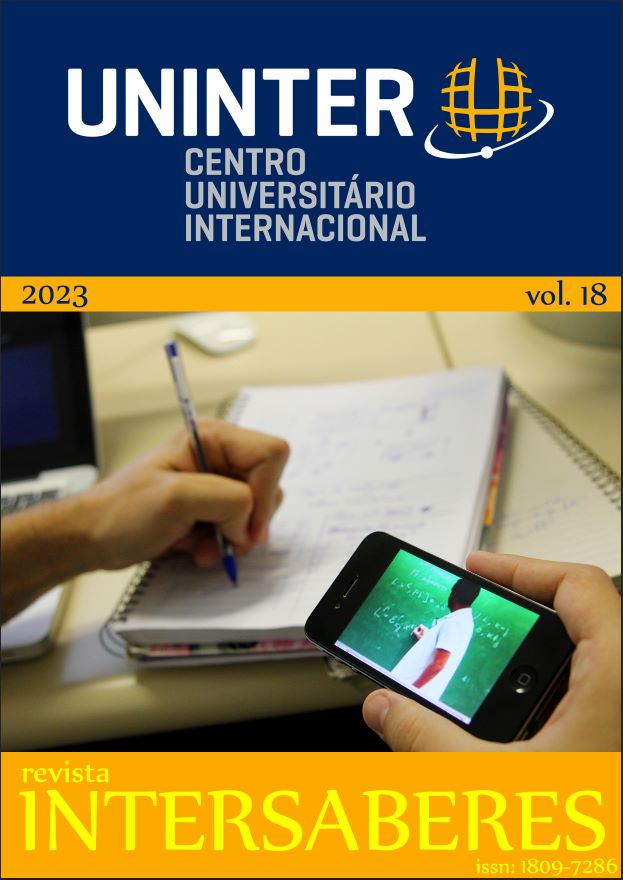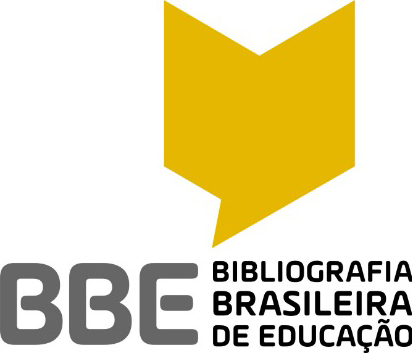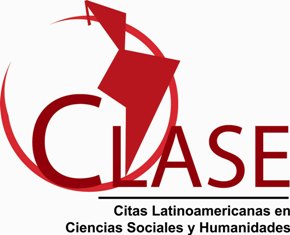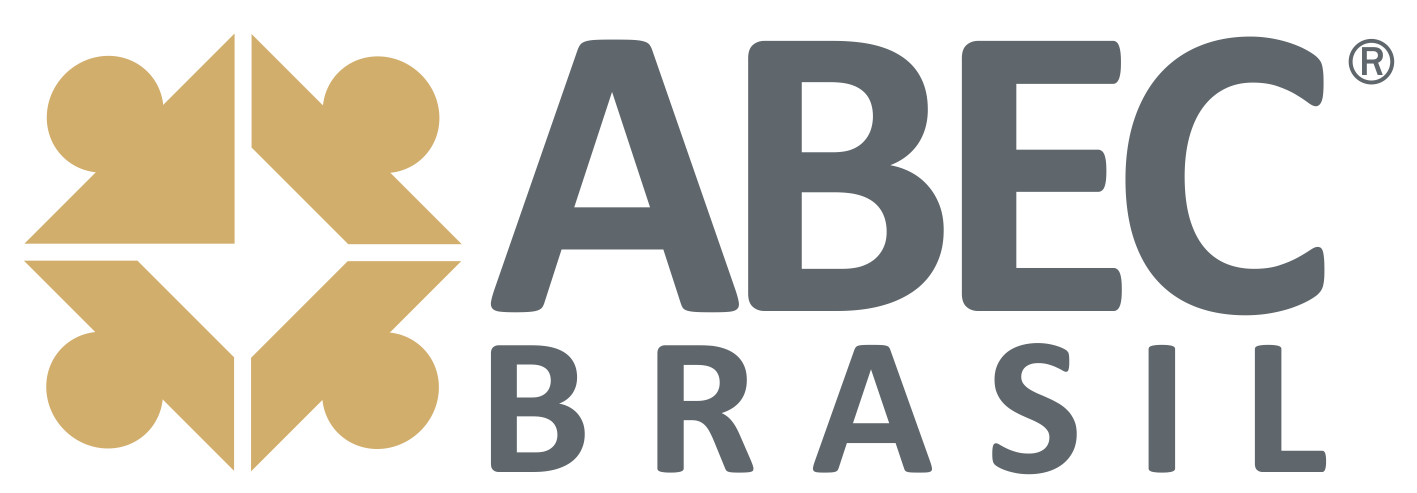ACTIONS OF PRESERVICE MATHEMATICS TEACHER IN IMPLEMENTING A DIDACTIC PRACTICE, IN A REMOTE EMERGENCY TEACHING CONTEXT, ON EXPONENTIAL EQUATION
Keywords:
Preservice Mathematics Teachers, Teaching Practice, Didactical Knowledge, Exponential Equation, Emergency Remote TeachingAbstract
This paper presents the results of a study that aims to understand the challenges faced by two undergraduate students in Mathematics in carrying out a didactic practice for teaching exponential equations, in a remote emergency teaching context, in the flipped classroom modality, and the way they act to overcome them. The data collection comprised the moments of planning, execution and reflection of the didactic practice by the preservice mathematics teachers. The results point to the elaboration of instructional materials and the conduction of the online lesson for the teaching of exponential equations as great challenges for the undergraduate students in the execution of the didactic practice. However, the collaborative and reflective work of the preservice mathematics teachers contributed to the integration and articulation of different types of knowledge peculiar to the mathematics teacher, enabling them to overcome these challenges. The results suggest that the planning, execution and reflection of didactic practice for the teaching of mathematics by undergraduate students can favor the formation of these preservice mathematics teachers as reflective professionals and contribute to the development of their knowledge to teach mathematics.
Downloads
References
ALBUQUERQUE, C. et al. A Matemática na formação inicial de professores. Lisboa: APM e SPCE, 2006.
BALL, D. L.; MARK, H. T.; GEOFFREY, P. Content knowledge for teaching: What makes it special? Journal of Teacher Education, Görükle, Bursa, Turquia, v. 59, p. 389-407, 2008.
CARDOZO, D.; POSSAMAI, J. P. As Dimensões do Making Sense: a Compreensão de Funções Exponenciais a partir de uma Atividade Investigativa. Acta Scientiae, Canoas, RS, v. 21, n. 4, p. 2-19, 2019. https://doi.org/10.17648/acta.scientiae.v21iss4id4565.
COUTINHO, C. Metodologia de Investigação em Ciências Sociais e Humanas: teoria e prática. 1. ed. Coimbra: Almedina, 2011.
BRASIL. Base Nacional Comum Curricular. Brasília: MEC, 2018.
BRASIL. Orientações Curriculares para o Ensino Médio. Volume Linguagens, Códigos e suas Tecnologias. Brasília: MEC/Semtec, 2006.
FLORES, M. et al. Ensinar em tempos de COVID-19: Um estudo com professores dos ensinos básico e secundário em Portugal. Revista Portuguesa de Educação, Braga, v. 1, n. 34, p. 5-27, 2021.
FERREIRA, R. S.; COSTA, A. P. Função exponencial e GeoGebra: o que vem sendo discutido na literatura brasileira? Revista do Instituto GeoGebra de São Paulo, São Paulo, SP, v. 10, n. 1, p. 108-128, 2021
FONSECA, V. Aprendizagem com compreensão dos conceitos de limite e continuidade: uma experiência de ensino com recurso ao GeoGebra na formação inicial de professores de matemática, no Brasil. 2019. 414f. Tese (Doutoramento em Educação) – Instituto de Educação, Universidade de Lisboa, Lisboa, 2019. http://hdl.handle.net/10451/42789.
GÓMEZ, P.; RICO, L. Didactical knowledge development of pre-service secondary mathematics teachers. Proceedings of the 28th Conference of the International Group for the Psychology of Mathematics Education, Vol 2, Bergen, Norway, 2004. P. 471–478. Disponível em: https://files.eric.ed.gov/fulltext/ED489632.pdf. Acesso em: 30 mar. 2023.
LO, C. K., HEW, K. F., CHEN, G. Toward a set of design principles for mathematics flipped classrooms: A synthesis of research in mathematics education. Educational Research Review, v. 22, p. 50-73, 2017. http://dx.doi.org/10.1016/j.edurev.2017.08.002.
MAGINA, S.; SANTANA, E.; SANTOS, A.; MERLINI, V.. Espiral RePARe: um modelo metodológico de formação de professor centrado na sala de aula. Revista do Programa de Doutorado da Rede Amazônica de Educação em Ciências e Matemática (REAMEC), 2(6), 1-22, 2018.
PONTE, J. P. Estudiando el conocimiento y el desarrollo profesional del profesorado de matemáticas. In: PLANAS, N. (Ed.). Educación matemática: teoria crítica y práctica. Barcelona: Graó, 2012. p. 83-98.
PONTE, J.; CHAPMAN, O. Prospective mathematics teachers’ learning and knowledge for teaching. In L. English & D. Kirshner (Eds.), Handbook of international research in mathematics education (3rd ed.). New York, NY: Routledge, 2016. p. 275-296.
SANTANA, E.; PONTE, J. P.; SERRAZINA, M. L. Conhecimento Didático do Professor de Matemática à Luz de um Processo Formativo. Bolema, Rio Claro, SP, v. 34, n. 66, p. 89-109, 2020.
SCHÖN, D. Educando o profissional reflexivo: um novo design para o ensino e aprendizagem. Tradução Roberto Cataldo Costa. Porto Alegre: Artes Médicas Sul, 2000.
SILVA, A.; GASPAR, J.; FONSECA, V. Simetria Axial na pandemia da covid-19: uma proposta didática com recurso do uso de dobraduras e o GeoGebra. In: Gaspar, J., Silva, A., Bastos, M., & Fonseca, V. (Org) Ciclo de formação em ensino de matemática: contribuições do ensino, da pesquisa e da extensão na formação do professor de Matemática. Nova Xavantina: Pantanal, 2022. p. 11-26. https://doi.org/10.46420/9786581460372.
SILVA, G.; MENDES, A.; SCORTEGAGNA, L. Tecnologias educacionais em tempos pandêmicos: mapeamento das produções acerca da temática em 2020. Intersaberes, Curitiba, PR, v. 17, n. 42, p. 709-731, 2022. https://doi.org/10.22169/revint.v17i42.2356.
STEFFE, L; THOMPSON, P. Teaching experiment methodology: Underlying principles and essential elements. In: LESH, R.; KELLY, A. (Ed.). Research design in mathematics and science education. Hillsdale, NJ: Erlbaum, 2000. p. 267-307.
WOLCOTT, H. Writing up qualitative research. 3ª Ed. Thousand Oaks, CA: SAGE, 2009.
VALENTE, J. A Sala de Aula Invertida e a Possibilidade do Ensino Personalizado: Uma experiência com a graduação em Midialogia. BACICH, L.; MORAN. J. (org.). Metodologias Ativas para uma Educação Inovadora: Uma abordagem teórico-prática. Porto Alegre: Penso, p. 26-44, 2018.
CHUNG, K.; KHE, F.; GAOWEI, C. Toward a set of design principles for mathematics flipped classrooms: A synthesis of research in mathematics education. Educational Research Review n. 22 p. 50-73, 2017.
Downloads
Published
How to Cite
Issue
Section
License
Copyright (c) 2023 REVISTA INTERSABERES

This work is licensed under a Creative Commons Attribution-NonCommercial-NoDerivatives 4.0 International License.
Os direitos autorais dos artigos publicados na Revista são de acordo com a licença CC-BY-ND - Creative Commons ( https://creativecommons.org/licenses/by-nd/4.0/legalcode)
Esta licença permite que outras pessoas reutilizem o trabalho para qualquer finalidade, inclusive comercialmente; no entanto, não pode ser compartilhado com outras pessoas de forma adaptada e o crédito deve ser fornecido ao autor.
Os direitos autorais dos artigos publicados na Revista são do autor, com os direitos de primeira publicação para a Revista

























